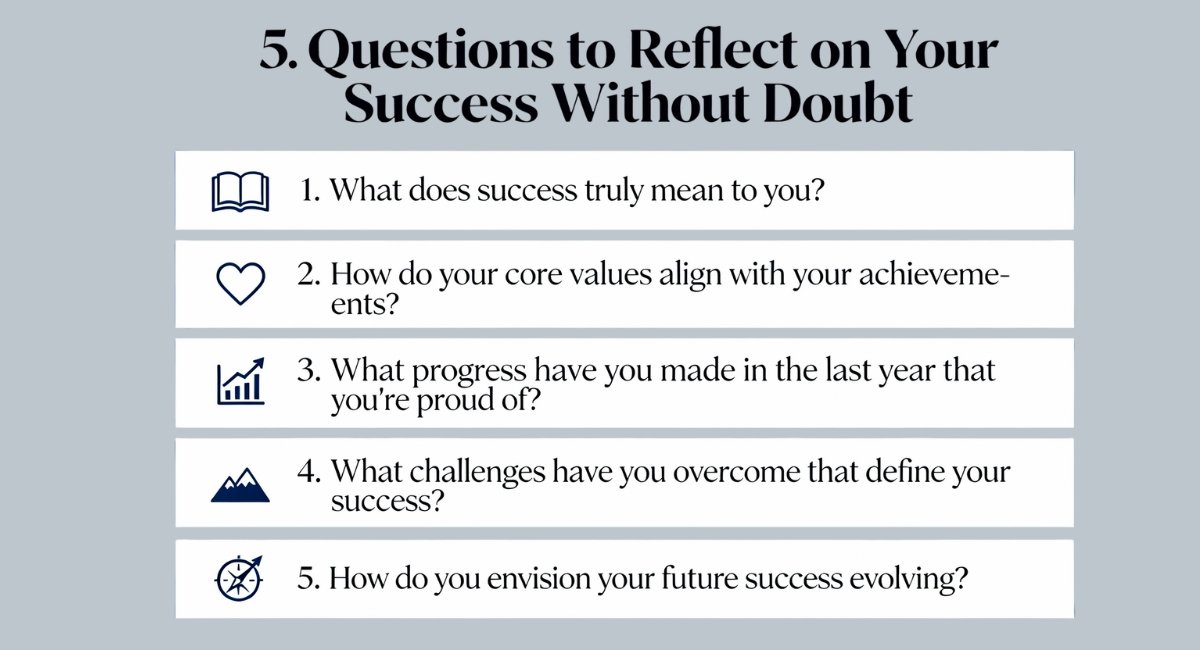How Do You Celebrate Love and Affection for Yourself and Others
This post contains paid and/or affiliate links. I make a small commission at no extra cost to you. Please see our Privacy Policy.
Celebrating love and affection is key for your mental health and relationships. It’s easy to get lost in daily life. But taking time to appreciate yourself and others can change your mood and strengthen bonds. Here are some simple ways to care for yourself and connect with others.
Understanding Self-Love
Self-love is the base of celebrating affection. It means treating yourself with kindness and respect, just like you do for others. Here are some ways to practice self-love:
- Acknowledge Your Achievements: Keep a journal of your daily wins, big or small. It helps you see your worth.
- Set Boundaries: Prioritize your well-being by learning to say “no” when needed.
- Engage in Activities You Enjoy: Make time for hobbies like painting, hiking, or reading.
- Practice Mindfulness: Try meditation or deep breathing to reduce stress and stay present.
Nurturing Connections with Others
Building strong relationships takes effort and affection. Here are simple ways to strengthen ties with family and friends:
- Express Gratitude: Tell loved ones how much they mean to you. A simple “thank you” can mean a lot.
- Spend Quality Time: Plan to meet for coffee or go for a walk. Being there is more important than gifts.
- Random Acts of Kindness: Surprise someone with a small gesture, like leaving a sweet note or baking their favorite treat.
- Listen Actively: Give someone your full attention when they speak. It shows you care and value their thoughts.
Creating Rituals of Affection

Creating rituals can make celebrating love a regular part of your life. Here are some ideas to add love to your daily routine:
- Self-Care Sundays: Dedicate Sundays to pampering yourself. Enjoy activities like taking a long bath or reading a good book.
- Weekly Family Dinners: Set aside one day a week for meals together. Use this time to share stories and experiences.
- Compliment Each Other: Make compliments a habit. Start or end your day by telling someone something you appreciate about them.
- Monthly Friends’ Night: Arrange a regular night to catch up with friends, whether it’s game night or a movie marathon.
Mindful Self-Care Practices
Mindfulness is key for self-care and connecting with others. Here are practices to deepen your love and affection:
- Daily Affirmations: Start your day with positive affirmations to boost your self-esteem.
- Gratitude Journaling: Write down three things you are grateful for each day, focusing on experiences shared with others.
- Engage in Nature: Spend time outdoors, connecting with nature. It can uplift your mood and promote well-being.
Combining Self-Love with Connection
It’s important to mix self-love with connections. Here’s how:
| Self-Love Activity | Connection Activity |
|---|---|
| Take a relaxing bath | Invite a friend for a spa day at home |
| Practice yoga | Join a yoga class with a loved one |
| Cook a healthy meal | Host a cooking night with friends |
Celebrating love and affection needs awareness and purpose. By focusing on self-love and nurturing relationships, you create a positive impact. Start these simple practices today to enrich your life and relationships with love and connection.

The Importance of Emotional Well-Being in Building Healthy Relationships
Emotional well-being is vital for healthy relationships. Prioritizing your emotional health improves your life and positively affects those around you. Understanding and nurturing your emotional state leads to stronger connections with friends, family, and partners. Here’s why emotional well-being is essential for forming and maintaining healthy relationships.
Understanding Emotional Well-Being
Emotional well-being is about your mental health and how you feel about life. It’s about managing stress, expressing feelings, and feeling good about yourself. People who are emotionally healthy can handle life’s challenges and keep strong relationships. Here are some key parts of emotional well-being:
- Self-Awareness: Knowing your own feelings and how they affect you.
- Emotional Regulation: Handling your feelings in a healthy way.
- Resilience: Bouncing back from tough times and adapting to change.
- Empathy: Understanding and valuing others’ feelings.
- Positive Relationships: Building and keeping strong, supportive connections.
The Connection Between Emotional Well-Being and Relationships
When you take care of your emotional health, you make your relationships better. Here’s how:
1. Improved Communication
Good emotional health leads to better talking and listening. When you feel good about yourself, you share more openly. This can make your connections deeper and stronger. You’ll be able to:
- Share your needs and boundaries clearly.
- Listen well and respond with understanding.
- Fix misunderstandings quickly.
2. Greater Empathy
Good emotional health lets you see things from others’ points of view. This is key for building trust and kindness in relationships. When you get others’ feelings, you create a supportive place for everyone to grow.
3. Conflict Resolution

Every relationship faces disagreements. But emotionally healthy people deal with them better. They manage their feelings well, so they can:
- Stay calm and composed during fights.
- Listen to the other side’s view.
- Find a solution together.
4. Building Trust
Trust is the base of any good relationship. When you focus on your emotional health, you seem more reliable. You keep your promises and are honest, making it easier for others to trust you.
Ways to Enhance Your Emotional Well-Being
Getting better emotionally is a journey. Here are some ways to help:
- Practice Mindfulness: Try meditation or yoga to focus your mind.
- Connect with Others: Spend time with friends and family who make you feel good.
- Express Yourself: Write in a journal or talk to someone you trust about your feelings.
- Seek Professional Help: If managing your feelings is hard, consider therapy or counseling.
- Engage in Hobbies: Do things that make you happy and help you relax.
on the Importance of Emotional Well-Being
Emotional well-being greatly affects your relationships. By focusing on your emotional health, you improve your connections with others. When you’re emotionally strong, you help create a positive and caring environment for everyone. Taking care of your emotional health benefits you and those you care about.

Conclusion
Showing love and care is more than big gestures. It’s about small actions that improve our self-care and strengthen our bonds with others. By taking time for ourselves, we care for our emotional well-being. This self-love is the foundation for healthy relationships. When we feel good about ourselves, we can show love and understanding better to those around us.
The value of emotional well-being is huge. It’s the base for building strong relationships. When we focus on our feelings, we’re more in tune with others’ needs. This leads to deeper connections based on empathy and support. Talking openly and showing affection helps build trust, making relationships strong through life’s ups and downs.
Think about how to celebrate love and affection. Remember, taking care of yourself and connecting with others can happen every day. Doing small, kind things, like calling a friend or enjoying your favorite hobby, can make a big difference in your happiness.
So, take time to celebrate love within yourself and with those you love. This makes your life and the lives of others better. It creates a positive effect that makes the world a better place for everyone.



